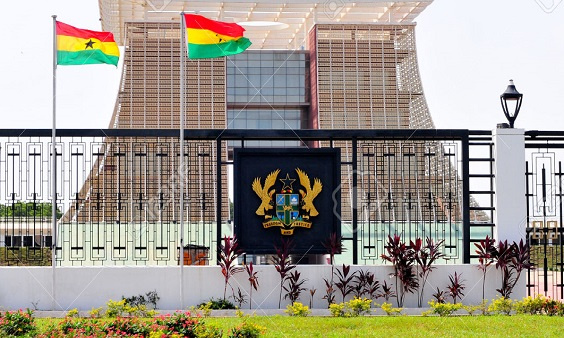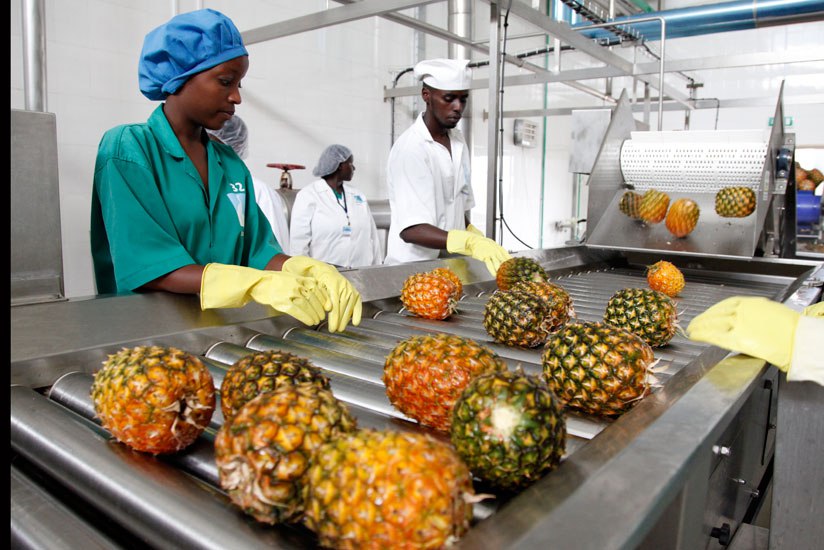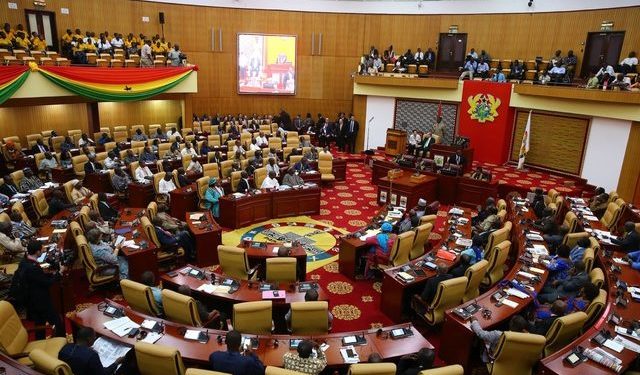Ghana, just like most developing countries, is bedeviled with several challenges that makes it very difficult for her citizens to enjoy good and quality life. Ranging from high under 5 mortality rate, teenage pregnancy, corruption, high public debt, poverty among others. However, one of the major challenges that calls for urgent and drastic measures is the issue of youth unemployment.
Our tertiary institutions churn out so many graduates annually, and with limited jobs, the end result has always been increasing rates of unemployment and underemployment in the country.
This resulted in the formation of the Unemployed Graduates Association of Ghana (UGAG) in 2011. UGAG is a non-partisan organization which seeks to promote the well-being of all unemployed graduates and unemployed youth in general.
A recent report from the Ghana Statistical Services (GSS) put the unemployment rate at 8.4 percent. Thus, tackling unemployment has been in the manifestoes of political parties in Ghana since time immemorial. Just like previous election years, the year 2020 has also come with several of such promises from the political parties.
In the race to the Jubilee or Flagstaff House this year, the two major political parties in Ghana; the New Patriotic Party (NPP) and the National Democratic Congress (NDC) have all made promises which are aimed at creating jobs and providing skills for the youth as a way of tackling the unemployment situation in the country.

The NPP states in its 2020 manifesto that it will implement a ‘job and skill program’ worth US$200 million in its next term of office.
“Under the US$200 million project, the youth will be provided with apprenticeship, entrepreneurship, and skills development training as well as grants for their entrepreneurship projects”.
This program according to the NPP, is in two phases. Phase one will focus on the provision of the requisite skills needed for a successful business establishment. Whilst the second component of the project will be aimed at supporting young jobseekers to find jobs through public employment centres across the country.
The next NPP government also promises to establish Entrepreneurial Hubs for Small Businesses. According to the NPP, the major constraints facing small businesses include access to capital, cost of machinery and land, and high interest rates.
“Many businesses have good ideas, but are unable to raise money to finance these ideas. In our next term, we will set up fully serviced hubs in partnership with the private sector with the requisite equipment for production in areas such as tailoring, agro-processing, shea butter production, soaps, and shoe manufacturing.

“These business hubs would be located within regional industrial parks initially, and extended to every district in due course”, the NPP manifesto noted.
Conversely, the next NDC also promises in their 2020 manifesto to pass the ‘Employment Act’ which will provide a comprehensive framework for job creation and labour market statistics. This Act, when passed, the NDC said “will be the first of its kind in our history”.
The proposed ‘Employment Act’ has three major areas of concern: provision of a labour market information system, posting of trained labour economists to various district assemblies, and an integrated employment framework for job creation by the various district assemblies.
The NDC said “all district assemblies will be required to have Integrated Employment Frameworks in their medium-term and annual development plans, with an emphasis on private-sector job creation. This will be based on a renewed effort to promote Local Economic Development (LED) based on a new framework that makes aggressive development in, and maintenance of infrastructure the centerpiece of economic and social development of every district in Ghana”.
According to the NDC, LED will be their main strategy for national development. The biggest opposition party stated that, it will ensure that every district and community in Ghana participate fully in national development and benefits according to its local economic development.
In the party’s 2020 manifesto dubbed, ‘The People’s Manifesto’, the NDC indicates that it will collaborate with the private sector to establish agro-processing factories across the country based on regional comparative advantage.
According to the NDC, to promote private sector development and make the Ghanaian industry internationally competitive, and to protect consumer interests and safety, they
“…will enact the National Competition Law and Consumer Protection Law, which will support the establishment of a Consumer Protection Council”.

We, as citizens, have been presented with these two frameworks by the two major political parties in the country which are all aimed at solving the current menace of unemployment especially among the youth. The choice made will determine the policy implemented post-election.
However, these programs will require huge sums of money for a successful implementation. Also, the COVID-19 has weighted heavily on the Ghanaian economy and has resulted in declining government revenues and increasing expenditure.
Data from the bank of Ghana shows that for the first seven months of the year, overall budget deficit was 7.4 % of GDP against a target of 7.2%. The primary balance also recorded a deficit of 3.7% of GDP, above the planned target of 3.4% of GDP.
Total Revenue and Grants for January to June 2020 amounted to GH¢22,007 million, compared with the programme target of GH¢29,759 million, resulting in a shortfall of 26.0 percent or a performance rate of 74.0 percent
Total government expenditure also increased from 12.2 % of GDP in June to 14.6 % in July this year. Total public debt as a percent of GDP has also increased from 67.2% in June to 68.3 % in July 2020.
From the statistics above, it can be seen that further borrowing, which seem to be the only option available to government now, will result in a debt crisis for Ghana. The question which must be answered by these two political parties is, where will the funding come from? Again, are these parties credible enough for citizens to base their choices on the promises made in these manifestoes?
Several job losses in the banking sector crises since three years ago has now been compounded by the current pandemic. A pandemic that has made several people lose their sources of livelihoods. Job creation has now become more important in Ghana than ever.























